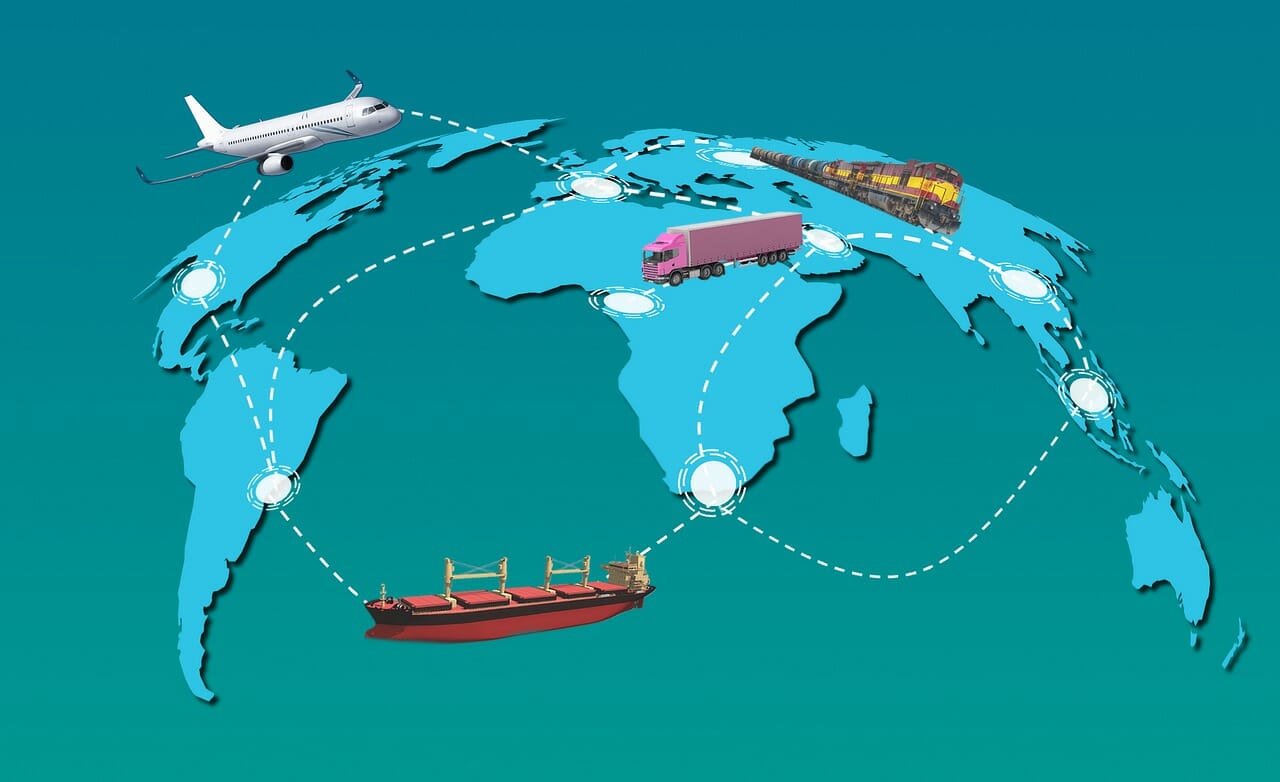- $163 billion worth of inventory is discarded each year due to expiry or overproduction – equivalent to 3.6% of annual profits
- The average level of waste across the five sectors analyzed in the global study – automotive, beauty and personal care, apparel, food and pharmaceutical is 8%
- 10.2% of stock is thrown away in the beauty sector (6.2% due to overproduction and 4% due to perishing or damage) while 10% of food is discarded before it reaches the consumer (2.9% is overproduced and 7.1% perishes or is damaged)
- 9 in 10 global business leaders are ‘under pressure to become more sustainable’ but only 4.4% of technology budgets on average are dedicated to supply chain sustainability
- Lack of buy-in from upper management listed as one of top three barriers to achieving supply chain success
- Quality and durability amongst top three concerns for cautious consumers, significantly outranking sustainability
Q3 2022 hedge fund letters, conferences and more
Find A Qualified Financial Advisor
Finding a qualified financial advisor doesn't have to be hard. SmartAsset's free tool matches you with up to 3 fiduciary financial advisors in your area in 5 minutes.
Each advisor has been vetted by SmartAsset and is held to a fiduciary standard to act in your best interests.
If you're ready to be matched with local advisors that can help you achieve your financial goals, get started now.
MENTOR, OH – November 10, 2022 — Overproduction and waste are exacerbating the supply chain crisis and hitting businesses to the tune of 3.6% of their annual profits as nearly 8% of stock perishes or is discarded. This significant loss includes 4.3% of stock that spoils in the supply chain before it even reaches the shelf with a further 3.4% discarded due to overproduction. This loss amounts to $163.1 billion worth of inventory.
This data has been published in a new global report released today (November 2, 2022) by Avery Dennison, a global Fortune 500 materials science and digital identification solutions company. The Missing Billions: The Real Cost of Supply Chain Waste is an in-depth report assessing the state of global supply chains and the issue of waste across the US, UK, France, China and Japan.
The data analyzed 318 global firms and found that while companies are acutely aware of the problem, they are not investing the budget required to fix it. Respondents say that on average 28.9% of their organization’s sustainability impact comes from the supply chain. However, just 4.4% of technology budgets on average are specifically dedicated to supply chain sustainability improvement.
Over nine in ten businesses surveyed stated they are under pressure to become more sustainable with 60% claiming it as a ‘high’ priority. However, respondents cited challenges to achieving supply chain resilience with the ‘top three’ concerns being ‘lack of buy-in from upper management’, ‘challenges integrating disparate systems’ and ‘insufficient coordination among internal stakeholders’.
The Urgent Case For Transparency
The report highlights an intention to address these issues. A substantial 61% of organizations have already deployed solutions to track unique items but this will rise to over 95% as a further 34.6% ‘plan to’ as companies seek to improve supply chain visibility and traceability.
Blockchain investment will see the single biggest leap – 97% of companies surveyed plan to invest in this area within five years (compared to 12% today). Within five years some 99% of companies plan to use smart devices (including sensors and drones), and 97% will use industrial IoT.
Francisco Melo, senior vice president and general manager at Avery Dennison Smartrac comments: “The current supply chain disruption is leading to a waste crisis making the case for sustainable practices even more urgent and necessary.
There is a huge opportunity for organizations to accelerate digital transformation that will help to create longer-term systemic change. The moral and economic case is clear and the study shows the desire from organizations to embrace technological advancements for the benefit of business and the planet.”
Shoppers Driven By Better Choices For Longer Lasting Products
Shifts in consumers’ spending continue to play havoc with inventories and the Avery Dennison report highlights mixed signals about consumer shopping habits. Unsurprisingly, cost is a high priority for consumers. However, the report, which surveyed 7,500 consumers globally, ranks quality equally alongside cost as the number one concern at 22%.
UK consumers are the most cost-conscious with 28% listing it as the top priority followed closely by France and Japan, both at 25%. China is a significant outlier with just 6% of shoppers surveyed stating cost as their number one concern.
The data also reveals some concerning trends around sustainability with just 16% of shoppers putting sustainability in their top three deciding factors and only 12% prioritizing the ethical sourcing of their products.
However, the research also points to a shift in the desire for durable products with ‘durability’ ranked by 1 in 2 global consumers (48%) as a top five concern, suggesting there is an opportunity for business to shape the future of sustainability by putting a greater focus on product durability and in enabling the circular economy.
Initiatives by businesses to achieve greater transparency can have benefits for consumers too. Over half of shoppers surveyed (52%) agree that when buying clothing, “transparency about a product’s journey to the consumer is important to me” and ‘being more transparent about materials/ingredients used” was ranked as the top driver for making more sustainable decisions when buying food and beauty products – stated by (37%) and (35%) of shoppers respectively.
About Avery Dennison
Avery Dennison Corporation (NYSE: AVY) is a global materials science company specializing in the design and manufacture of a wide variety of labeling and functional materials.






